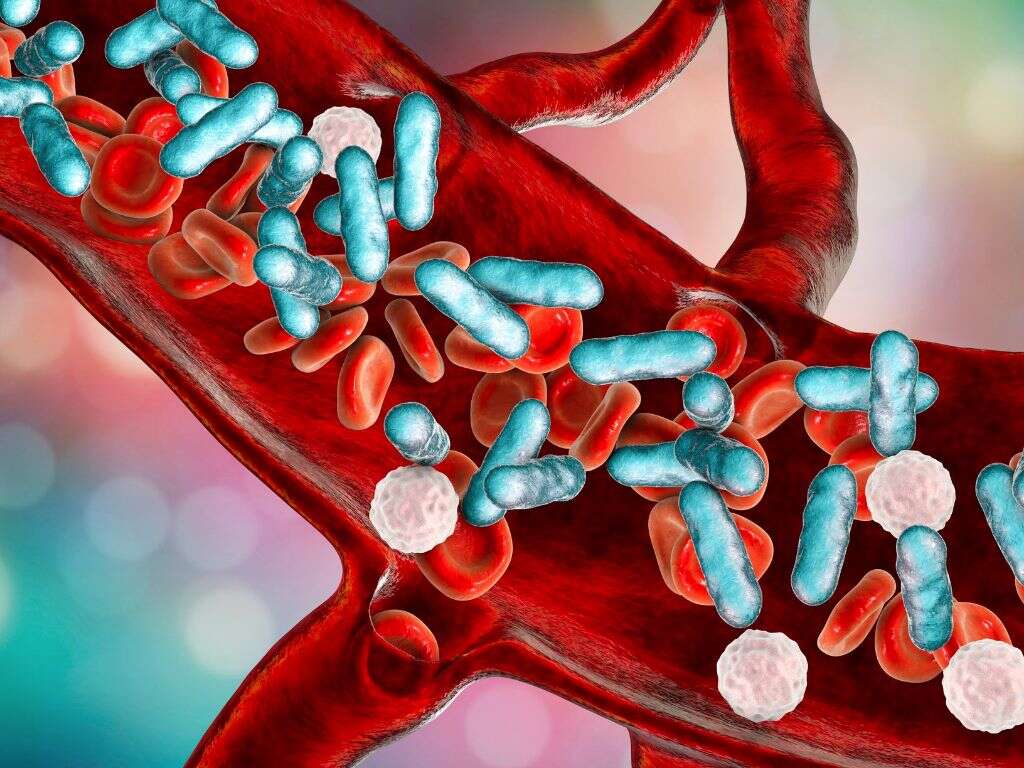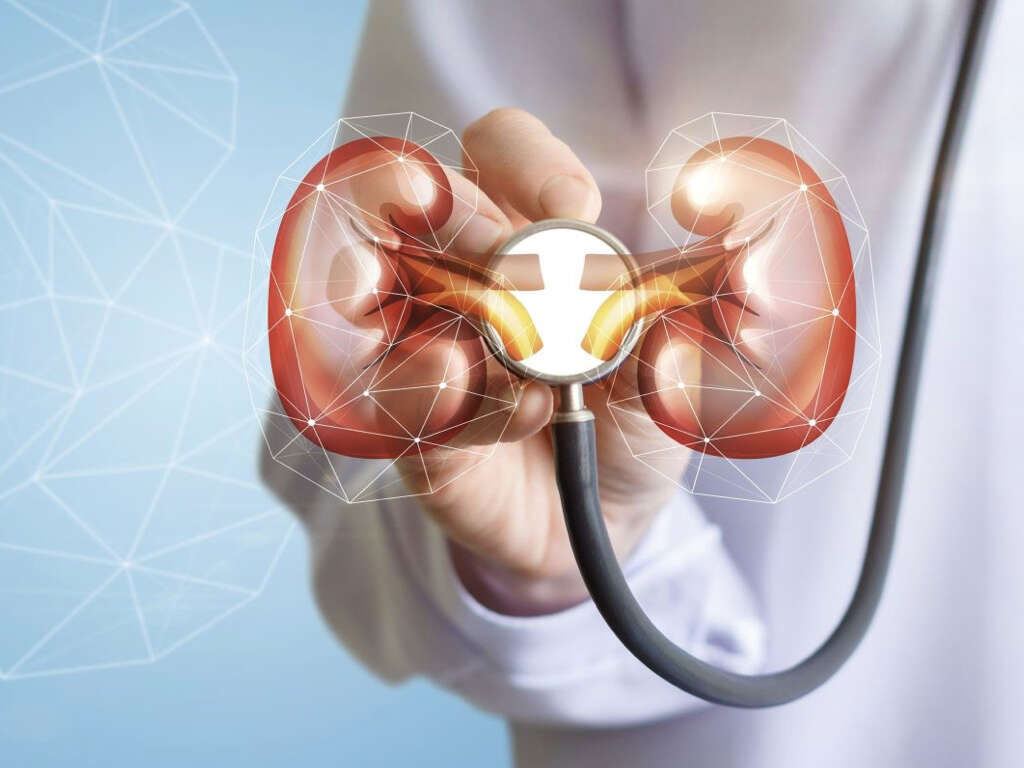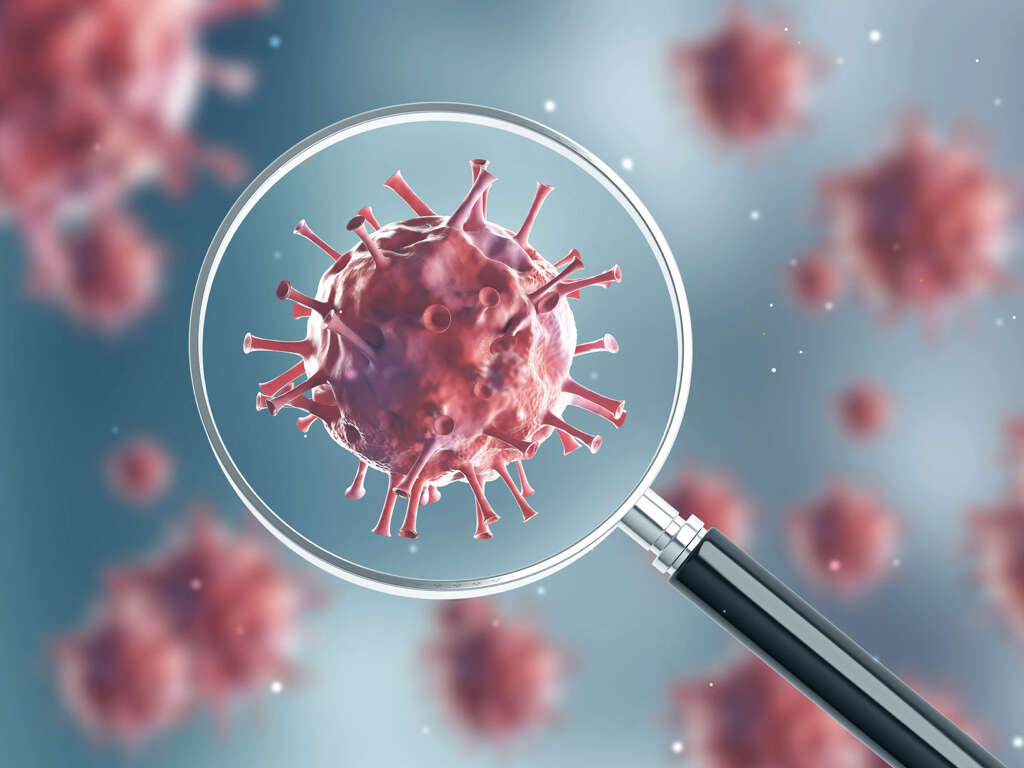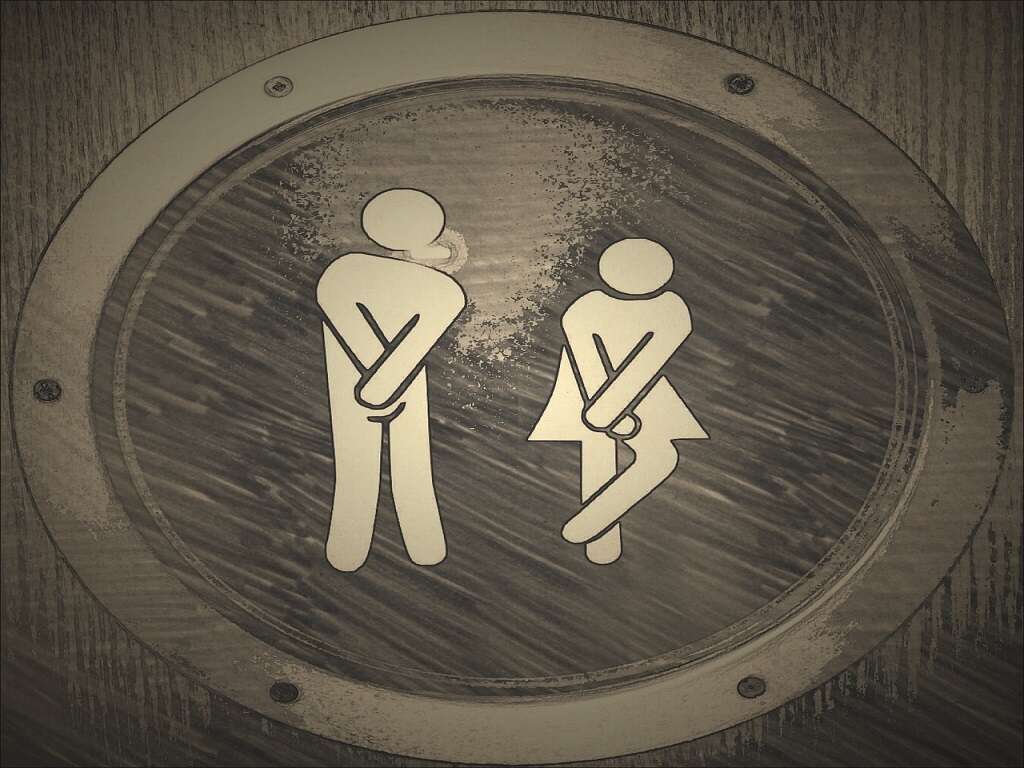10 Uremia Symptoms
 Article Sources
Article Sources
- 1. 'Uremia: Complications, Causes, Symptoms & Treatment. Cleveland Clinic, my.clevelandclinic.org/health/diseases/21509-uremia
- 2. 'Types.' Stanford Health Care (SHC) - Stanford Medical Center, 11 Oct. 2018, stanfordhealthcare.org/medical-conditions/brain-and-nerves/headache/types.html
- 3. 'Night Leg Cramps Causes.' Mayo Clinic, Mayo Foundation for Medical Education and Research, 9 Dec. 2020, www.mayoclinic.org/symptoms/night-leg-cramps/basics/causes/sym-20050813
- 4. 'Uraemic Pruritus. Uraemic Pruritus | DermNet NZ, dermnetnz.org/topics/uraemic-pruritus/
- 5. Zemaitis, Michael R. 'Uremia.' StatPearls /[Internet/]., U.S. National Library of Medicine, 16 Aug. 2020, www.ncbi.nlm.nih.gov/books/NBK441859/
Muscle Cramps
Uremia is a sign of the final stages of kidney failure. Muscle cramps, especially those occurring in the leg, are common symptoms of kidney disease.3‘Night Leg Cramps Causes.’ Mayo Clinic, Mayo Foundation for Medical Education and Research, 9 Dec. 2020, www.mayoclinic.org/symptoms/night-leg-cramps/basics/causes/sym-20050813 The damage caused to the muscles may result in muscle weakness, twitches and cramps.
Normally muscle cramps are harmless, but some may be related to underlying medical conditions and diseases, such as pregnancy, kidney disease and alcoholism. Dehydration, excessively exercising a particular muscle and standing in one position for too long may also cause muscles to cramp.
Advertisement











